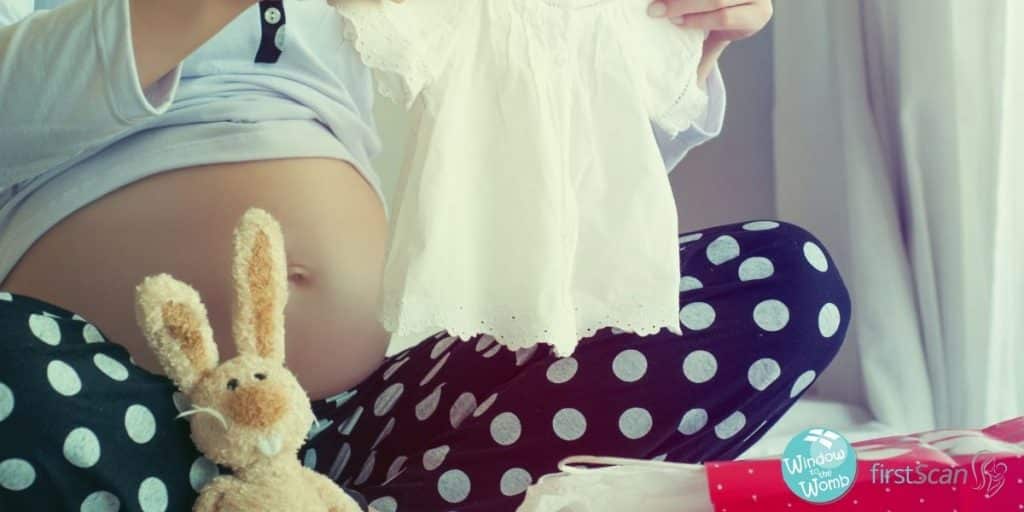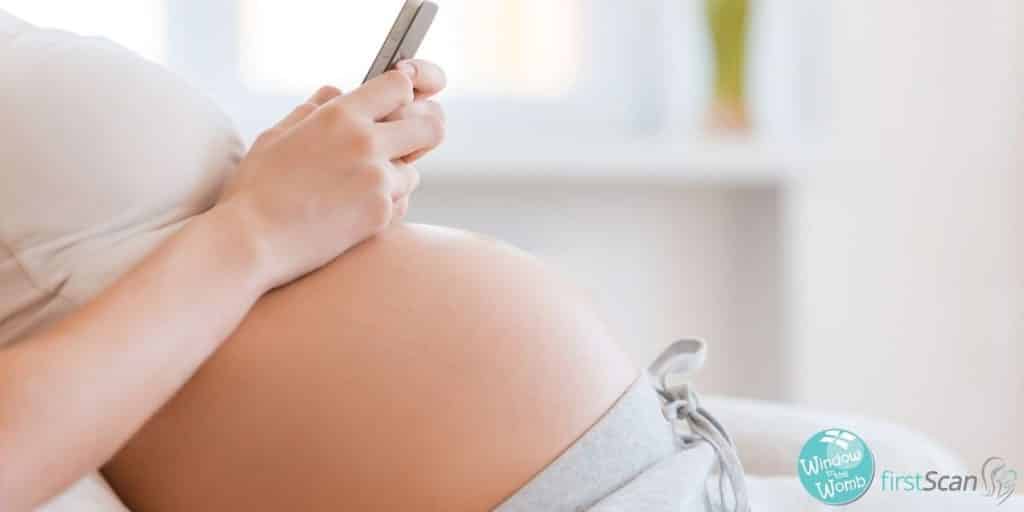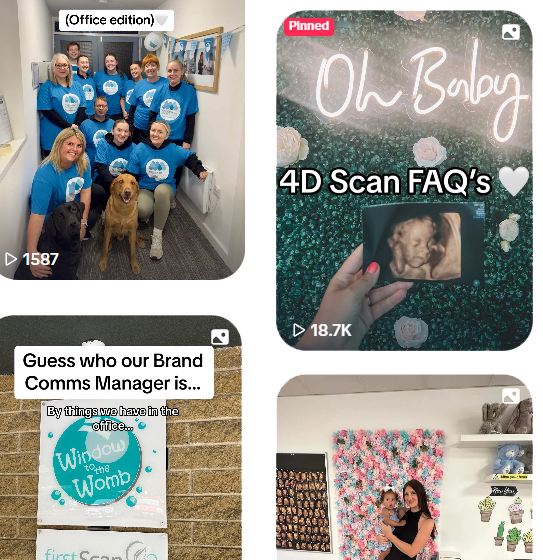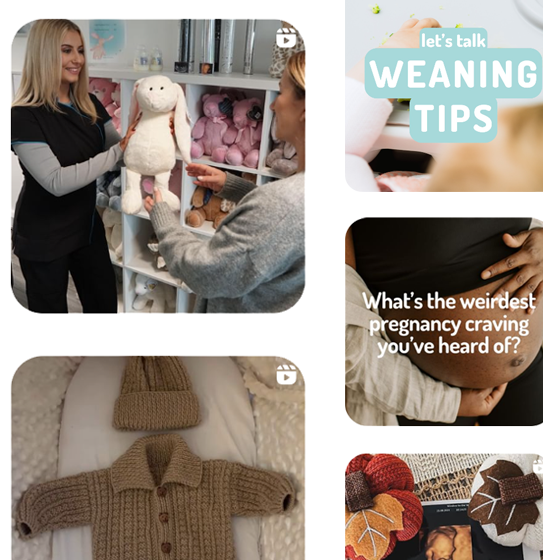In light of Blue Monday, we focus on Postnatal depression, what it is, and why it’s okay to talk about…
So, What is Postnatal Depression?
‘Postnatal’ or ‘Postpartum’ depression, is a form of depression which many parents can experience after having a pregnancy. 1 in 10 women experience Postnatal depression after birth and it can also affect men (about 1 in 25).
Let’s Break it Down…
- POST: ‘After’
- NATAL: ‘Birth’
- POSTPARTUM: ‘After birth’
You may also seem terms such as ‘Perinatal,’ ‘Antenatal’ or ‘Prenatal’. These are different types of depression.
- PERI: ‘Around’
- ANTE OR PRE: ‘Before’

What are the Symptoms?
Many women can feel sad, anxious or down after giving birth. You may have heard the term ‘baby blues’, which is completely common and usually lasts around 2 weeks following birth. Many women don’t realise they have Postnatal depression, so this can cause delays in getting help. If these symptoms persist, or you begin to feel the symptoms later than two weeks post-birth, then it is advised you seek help.
“I didn’t think there was anything going on. I just thought I was tired all the time. Eventually my partner sat me down and said I was behaving out of character. So I went to talk to my GP who was very supportive. I have to look after me to look after my daughter. I think a lot of new mums don’t remember that.”
What some people don’t know, is that Postnatal depression can actually happen to those who have experienced a loss of pregnancy, such as stillborn and miscarriage. Many women who have had a miscarriage will not of told others about their pregnancy; so may not have support. This isolation means that the risks of depression can increase. If this sounds familiar, then 
You may have heard some rumours surrounding Postnatal depression, so we asked our nurse specialist Anne Walton to debunk some of those myths…
“Myth 1 – “Postnatal depression isn’t as serious as other types of depression”
“It is just as serious and there is absolutely no shame in admitting you are struggling. It’s important to listen to others if they offer help, and just as important to get help if you feel you are in trouble.”
Myth 2 – Postnatal depression is entirely caused by hormones”
“There are other factors that can contribute to PND, such as having a history of mental health issues, lack of support, recent stressful events (such as bereavement) and the ‘baby blues’.”
Myth 3 – Postnatal depression will soon pass”
“It can persist if left unaddressed. The sooner you seek help and advice, the better.”
Myth 4 – Postnatal depression only affects women”
“This isn’t the case. Around 1 in 25 men are affected by PND. This can be caused by a number of factors, such as the increased pressure of fatherhood, financial responsibility, lack of sleep and more.”
So What Can I Do?

At Window to the Womb, we believe talking about and seeking help for mental health issues will literally save lives. The well-being of our Mums and Dads is at our core, and we want to get others talking about it. If you believe that yourself or someone else is experiencing Postnatal depression, it’s important you speak to your GP.
There are also local and national organisations available to offer you further guidance, such as the Association for PostNatal Illness (APNI), Pre and Post Natal Depression Advice and Support (PANDAS) and MIND. You can also find guidance through the NHS website.
If you’re looking for support and guidance along your pregnancy journey, why not join our community of mums, who are here for you whenever you need it?
If you are looking for real-time answers to any pregnancy-related questions or concerns you may have, the service named instant midwife can also be a helpful support tool, 24 hours a day.













 Packages & Prices
Packages & Prices  Important Info & Policies
Important Info & Policies  Your Scan
Your Scan